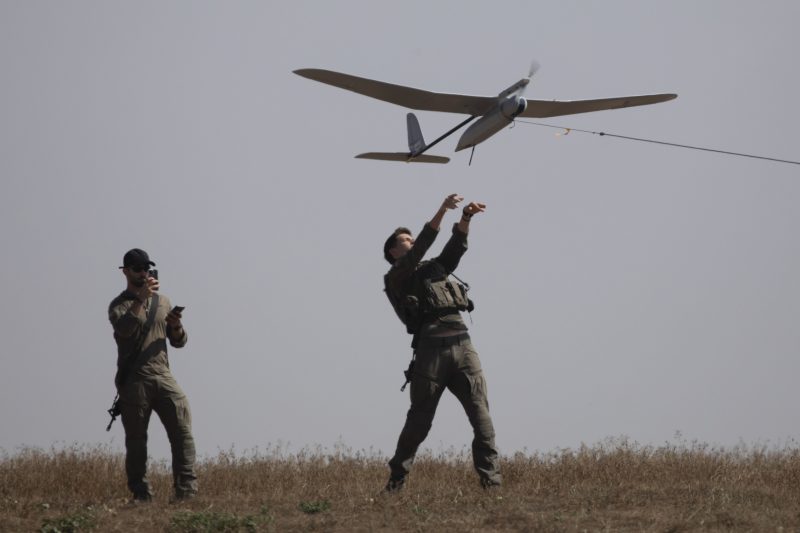
Biden’s Moves Against Iran Could Ignite Tensions with China
Central to the discourse on President Biden’s foreign policy options regarding Iran is the looming shadow of another economic and military giant, China. Strategies aimed at countering Iran’s regional influence, nuclear ambitions, and alleged state-sponsored terrorism risk aggravating Sino-American tensions, with potential ripple-effects extending far beyond the Middle Eastern theatre. This article will delve into the intricacies of these options to understand the challenging game of geopolitical chess that lies ahead for the Biden administration.
Firstly, let’s consider the use of stringent sanctions. For over a decade, the United States has weaponized its economic power against Iran, imposing severe sanctions designed to cripple Tehran’s economy and compel it to halt its nuclear program. Amplifying these sanctions further could exert great pressure on Iran, but it also risks pushing Tehran even closer to Beijing. China, with its formidable economy, could leverage the sanctions to expand its influence in Iran, buying Iranian oil at below-market prices and financing critical Iranian infrastructure projects in return. This symbiotic relationship would not only offer an economic lifeline to Tehran but could also consolidate China’s foothold in the Middle East, thereby creating a significant strategic challenge for Biden.
Secondly, the Biden administration could opt for covert actions, similar to the cyber-attacks and assassinations supposedly employed during the Trump and Obama eras. While these actions could hinder Iran’s nuclear program in the short term, they could inadvertently feed into the narrative of Western aggression – a narrative that Beijing could capitalize on to cement its own image as a counterweight to the West. Moreover, if China is drawn into a cyber-conflict with the U.S. in solidarity with Iran, it could escalate tensions and spark a full-blown cyber-warfare.
Military intervention is another possible course of action for the Biden administration. However, any overt military action against Iran would likely provoke a significant global backlash, especially from China. Beijing’s strategic alliance with Tehran and its aversion to Western military interventions makes this an extremely risky proposition. A military engagement with Iran that does not carry notable international support could push China to increase its military assistance to Iran, thereby escalating an already tense situation.
Alternatively, Biden could choose to reenter and strengthen the Joint Comprehensive Plan of Action (JCPOA), an international treaty aimed at limiting Iran’s nuclear development. However, even this option carries potential pitfalls vis-à-vis China. Significant compliance issues remain, and a hardline stance on these aspects can lead to a showdown between China and the U.S. as Beijing
